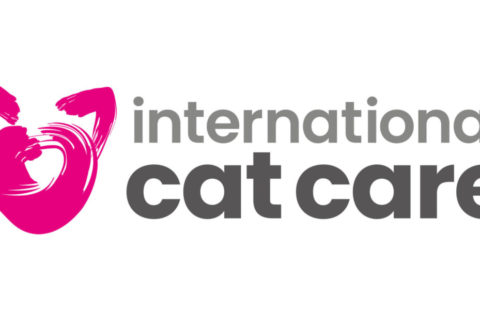A public consultation for the compulsory microchipping of cats in England is currently being held by Defra (Department for Environment, Food & Rural Affairs) and could be introduced as law this year.
If successful, the proposal would make it mandatory for pet owners to microchip their cats in England.
The consultation opened on 23rd December 2020 for a duration of 8 weeks, closing on 17th February 2021, and comes after a call for evidence that ran last year saw 99% of respondents giving support for the policy.
Defra have estimated that around 30% of cats in England are un-microchipped, and campaigners have stated that compulsory microchipping could bring this number down to around 10%.
As well as an overall opinion on compulsory microchipping, the consultation seeks views on enforcement, age limits, lead in period and feral cats, and alongside this proposal to make microchipping mandatory, the government is also consulting on three other animal microchip campaigns.
Gizmo’s Legacy – Which would make it a requirement for local authorities (council workers/contractors/street cleaners) to scan cats that are found dead by the roadside for microchip details.
Fern’s Law – Which would make it a requirement for vets to scan cats and dogs that are brought into the practice for the first time or at yearly check-ups to check that the animal is not recorded as stolen or missing
Tuk’s Law – Which would require vets to scan microchips for rescue back up contact details prior to euthanising healthy animals and check keeper and owner details.
International Cat Care has always encouraged cat owners to microchip their cats to aid their reunion if the cat is found after being lost or stolen, and support Gizmo’s Legacy – which would make it mandatory to scan for microchips when a cat or dog is found dead by the roadside.
International Cat Care supports the move to microchip all pet cats, however, agrees with the view of the British Veterinary Association that the issue of mandatory microchipping for cats is not straightforward. There are many considerations the government should address to ensure this initiative will be effective in practice and prevent harm from unintended consequences. These include:
Effective implementation
There are multiple national databases which may not collaborate – there needs to be a clear, simple and effective service for owners if this is to be made mandatory.
Role of the veterinary profession
International Cat Care’s veterinary division, the International Society of Feline Medicine (ISFM), works with over 7000 veterinary members worldwide and agrees with the BVA that ‘vets’ primary role must be in providing veterinary care for animals, and they should not be put in the position of policing the law or untangling ownership disputes, which could result in people not seeking veterinary treatment.’
Additionally, International Cat care knows that there are many barriers to taking cats to the vet and that cats are not taken as often as dogs. Encouraging less responsible owners to access preventive or early treatment for their cats could be more difficult if these owners consider that the vet may check and enforce whether the cat is microchipped.
Unowned cats
The suggested change to the law is for pet cats – i.e. cats that are owned. However, unlike dogs in the UK, cats may also live alongside society as feral, street or community cats and many of these are supported by voluntary organisations or individuals who feed and neuter them, but they do not live as pets (and are not suitable to live as pets). Many individuals who care for these groups of cats will not want to take on the legal implications which come with ownership linked to microchipping. International Cat Care suggests these cats are not chipped but have the left ear tipped to show that they have been neutered and that the UK works towards all cats being either chipped or ear tipped, according to their lifestyle, as this could improve population management. These unowned cats must not be considered as less worthy recipients of good welfare than owned cats, and being ‘unowned’ (and therefore unchipped) should not be seen as a reason to remove them or force them into situations which do not benefit their welfare.
Timing
Under dog microchipping legislation, puppies have to be chipped by 8 weeks of age. Most dogs in the UK are sold by pedigree breeders or come from rehoming organisations which have processes in place to chip puppies. In the UK, up to 90 % of cats may be of non-pedigree origin and many may be as a result of accidental mating. These unintentional breeders may be unlikely to microchip kittens before they are sold/homed after 8 weeks of age. Because most 8-week-old kittens are smaller than puppies, their new owners may also consider them too small to be microchipped and would rather wait until they are neutered (recommended at 4 months old) to undertake the procedure. The procedure would be paid for by new owners rather than the original breeders, and this may help to increase uptake.
For more information about the consultation, you can visit the Defra page here.






